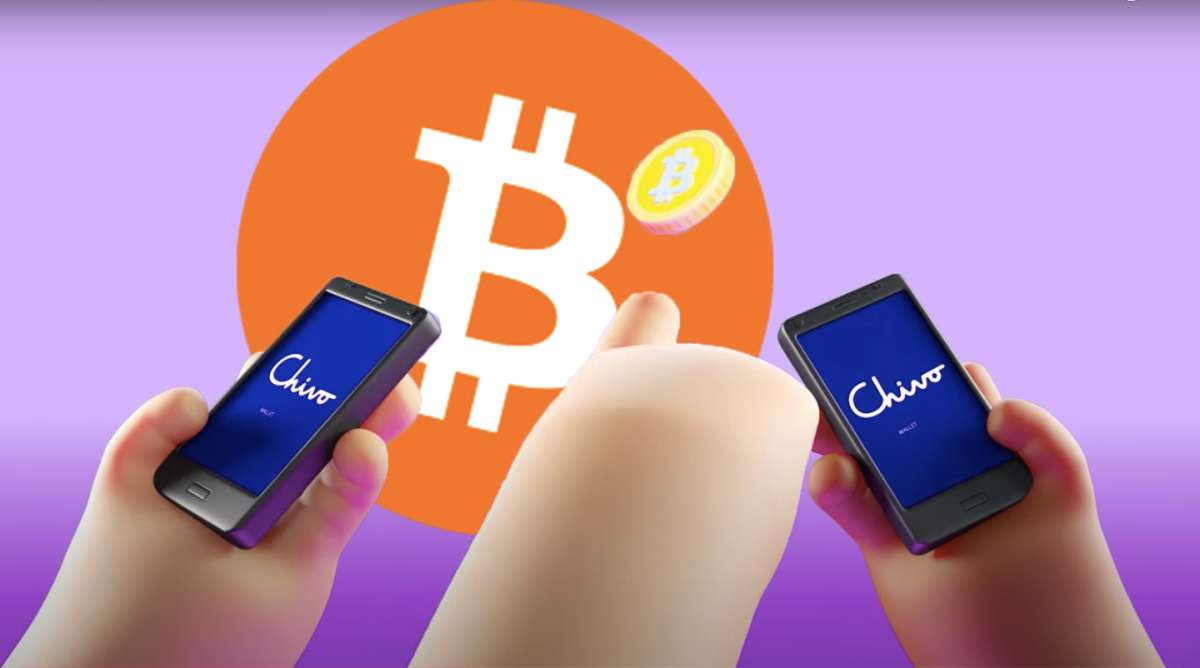
The President of El Salvador, Nayib Bukele, has shared updated information on the state portfolio of bitcoins and Chivo dollars in Twitter, as well as some news on the country’s work to facilitate the use and exchange of BTC.
Bukele revealed that there are 200 Bitcoin Chivo ATMs in operation in the country and 50 machines installed in the US, which allow users to top up the balance of their applications without commission fees. Los Angeles, San Francisco, Atlanta, Chicago, Dallas, Houston, El Paso, El Doral, Laredo and McAllen have Chivo ATMs installed.
In addition to financing your Chivo account balance through an ATM, starting September 14, users can also do so with any credit, debit or gift card from anywhere in the world without paying commissions. In addition, Chivo Wallet, which previously only allowed $ 5 or more BTC transactions to be sent to other wallets, now allows its users to transfer as little as $ 0.01 in bitcoins.
But currently new users cannot register in the state bitcoin and dollar account, Bukele explained, citing technical issues that have arisen due to the massive increase in registrations since the Bitcoin law went into effect on July 7. September. However, 95% of the technical difficulties have already been resolved, the president said, and he expects all remaining issues to be resolved in the coming days.
After just one week since Bitcoin officially became legal tender in El Salvador, adoption numbers are showing great interest from merchants i citizens use the new medium of exchange. More than 500,000 people have signed up for the Chivo account, although its use is optional, and major world trade chains have jumped quickly to allow purchases with BTC from day one. Currently, the big names that accept bitcoins in El Salvador include McDonald’s, Starbucks, Wendy, Dollar City, China Wok, i Pizza Hut. Even a local bank, Cuscatlán Bank, has already integrated Bitcoin with its services.
As the adoption of Bitcoin in El Salvador grows, is driven and facilitated by the Lightning Network, Satoshi Nakamoto’s vision of developing a truly peer-to-peer digital form of cash is starting to become a reality. The monetary good, still considered mainly as a reserve of value in developed economies, demonstrates its true potential in developing countries, where access to the banking system is limited and people can benefit the most from adopting. bitcoin. But it may only be a matter of time before other countries begin to notice how Bitcoin can also produce positive changes in its territory.